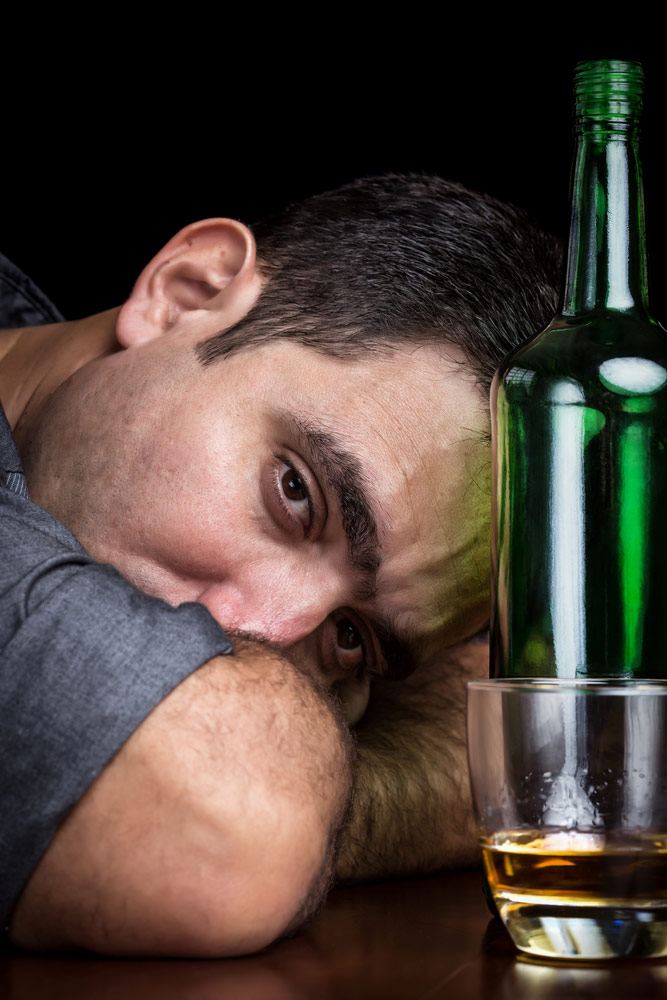PTSD
 As more research is done on the complexities surrounding addiction and substance abuse, we are provided with more information on how addictions form and how substance abuse and dependency can actually alter brain function. Medical professionals acknowledge that addiction is a chronic disease, not simply moral failing and weak personality traits as was professional opinion several years ago. Along with the acknowledgment that addiction is a disease, comes the research involved with dual diagnosis and co-occurring conditions. These disorders require more extensive treatment that is most often only available at a dual diagnosis treatment center. For immediate information call our trained counselors at 866-349-1770 for details.
As more research is done on the complexities surrounding addiction and substance abuse, we are provided with more information on how addictions form and how substance abuse and dependency can actually alter brain function. Medical professionals acknowledge that addiction is a chronic disease, not simply moral failing and weak personality traits as was professional opinion several years ago. Along with the acknowledgment that addiction is a disease, comes the research involved with dual diagnosis and co-occurring conditions. These disorders require more extensive treatment that is most often only available at a dual diagnosis treatment center. For immediate information call our trained counselors at 866-349-1770 for details.
What is PTSD?
PTSD stands for Post-Traumatic Stress Disorder, although in past decades, it was known by nicknames such as “shellshock” or “combat fatigue.” This is because it was most easily seen and diagnosed by medical professionals that treated soldiers in combat. PTSD is a psychological condition that occurs when a person is exposed to a very traumatic event. This can be the experience of combat, but it can also be sexual assault, an intense natural disaster, or even being victimized by “simple” crimes such as breaking and entering or assault.
The key factor is that an enormously upsetting situation has occurred, and it has long-term effects for the recipient. A person with PTSD may experience varying chronic symptoms, the most common of which is reliving the memories or emotions of that experience. In some cases, these PTSD relapses may occur for no discernible reason. In other cases, there may be a specific trigger, such as a combat veteran hearing an old car make noises similar to gunfire, or a sexual assault victim encountering a rape scene in a movie or television program.

Numbness Through Addiction

If someone lived in a constant state of fear, anxiety or dread, it would be easy to see why they would take measures—however drastic—to try to reduce the intensity or frequency of these feelings. This is where addiction comes in as a dangerous partner to PTSD that is often very difficult to dismiss because—at least in the short term—it works.
For people with PTSD, the numbness of alcohol or the euphoria of certain drugs as a quick, tangible fix that takes away the dread and other intense negative emotions. The only problem, of course, is that this doesn’t actually solve any problems, it merely makes an emotional state go away for a short period of time. This means that a person needs to continue using that substance to keep the feelings at bay and eventually PTSD and substance abuse become inextricably linked, with one enabling the other.
Treating PTSD and Addiction Together
Substance abuse and PTSD is a specific condition that experts treat with something called a dual diagnosis. This means that there’s already an understanding that addiction itself isn’t the cornerstone of the problem, something else is. So, just taking someone into a detoxification program and purging their system is going to do very little good in the long term. If PTSD is at the core of an addiction, then this means that once an addict returns to normal life, another PTSD episode—or series of them—will occur. When the feelings induced by these PTSD episodes gets to be too much, the addict will, understandably, return to substance abuse in order to escape the experiences.
Dual diagnosis means that both the PTSD and substance abuse are treated simultaneously. The first hurdle is the actual detox process. Depending on the type of substance abuse, the body may have developed a physical dependency on the substance, and so a “purge” is required, which usually involves a withdrawal period as the body adjusts to the shock of having the substance taken away.
Once the system has been cleared out both the substance abuse and the PTSD can then be addressed without any dangers of a physical addiction interfering. Only the psychological aspect remains, though this does not mean things are now easier.
Personalized Therapy
Dual diagnosis can occur for many different circumstances. Depression and anxiety can also be enablers of addiction; it’s not just PTSD and substance abuse. Depending on the type of condition, the substance abused, and the predisposition of the person involved, different therapies and treatments will be more suitable than others. It’s important in a substance abuse and PTSD case to ensure the exact needs of a particular person are being addressed.
Different types of therapy work better with certain individuals. While one-on-one counseling and group therapy are essential in all recovery treatment, there is a big difference in treating depression versus PTSD. Certain individuals will also have a much stronger response to different types of processes. Someone who is very religious, for example, will get a much more positive, affecting response from faith-based therapy than someone who is an atheist. On the other hand, someone with a deep love for animals may benefit from equine therapy, rather than drawing pictures or listening to music in art or music therapy.

Get Help with PTSD and Substance Abuse at Beachside
The goal with PTSD and substance abuse treatment is to help an individual to confront and overcome the PTSD itself. This means working towards mastering the fear and anxiety, eventually eliminating the PTSD episodes, or giving the tools to maintain control over them.
Contact Beachside today to begin the road to recovery.
From the Blog
Exploring Holistic Approaches to Anxiety Management
Beyond medication and therapy, these holistic practices can help manage symptoms of anxiety.
read more



